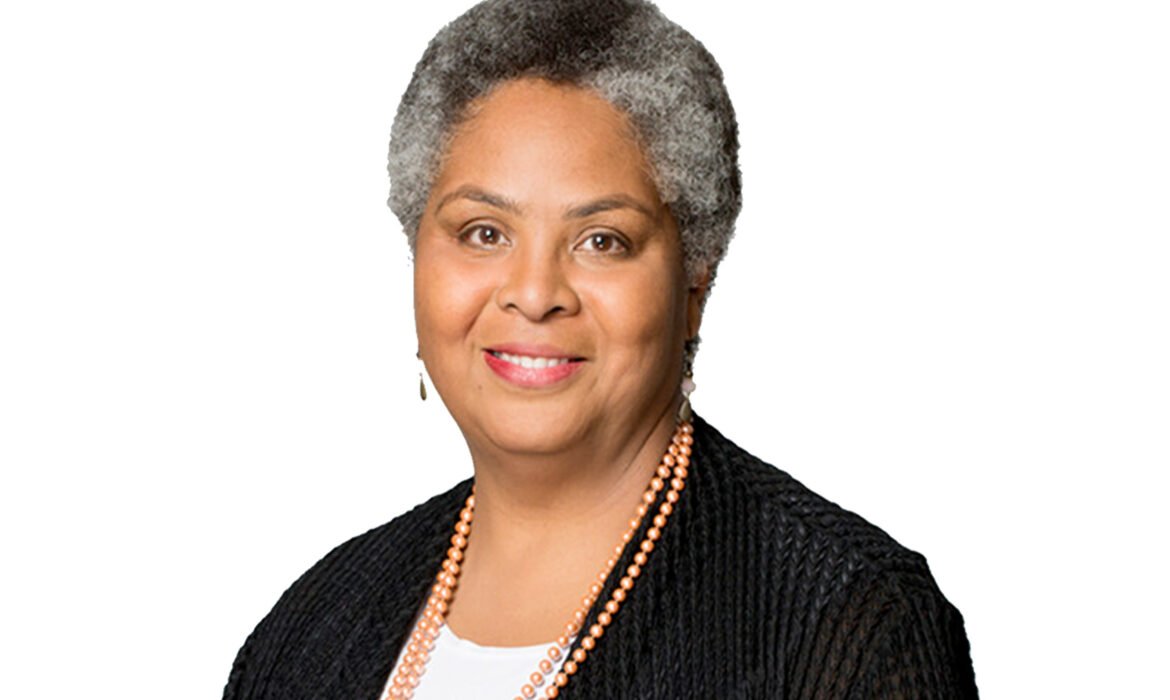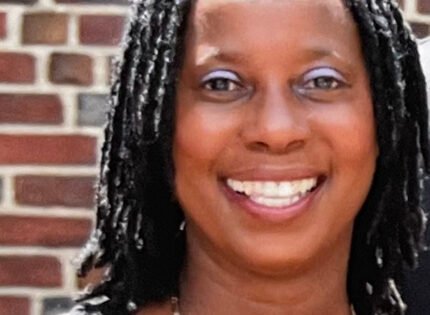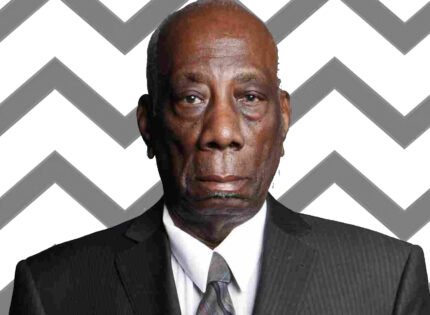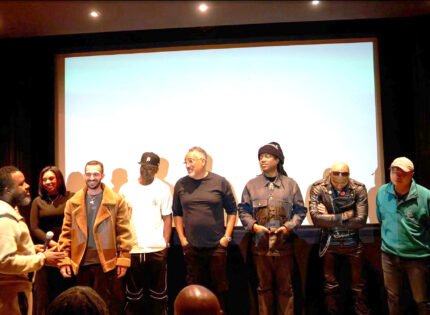In the ever-evolving landscape of municipal politics, the line between diligent public service and public scrutiny is often thin and easily crossed. Dominique Ollivier, the former president of the executive committee of the City of Montreal, has recently found herself at the heart of a controversy that has sparked significant debate across the city. She has been criticized for her financial management during her tenure at the OCPM, particularly regarding her travel expenses and dining. And amidst the backlash, Ollivier resigned from her prominent role and faced a barrage of reactions, including support, misogyny, and racism.
Ollivier’s story presents a complex tapestry of challenges, responsibilities, and the harsh realities of public life. She spoke to the CONTACT, and the conversation sought to go beyond the headlines, offering Ms. Ollivier a right to reply and give her perspective on the system’s inner workings and what happened.
What is your response to the public and media scrutiny regarding your financial management?
How do you feel it reflects on your overall service in the executive committee?”
First of all, I would like to reiterate that what was presented in the media was vastly exaggerated and misleading. The technique used by the Journal de Montreal, who first broke the story, was to combine some expenses that were mine over seven years and the ones of the following administration of the OCPM over roughly 18 months.
No rules were broken. No funds were embezzled, and my contract, which was voted on twice at the unanimity of the municipal council (2014 and 2018), stipulated that I had a discretionary fund of $4000 a year in representation fees. That is $28,000 over the seven years, during which I used a little more than $20,000, all on occasions pertaining to my function as President of the OCPM.
Let us be clear: I never went 77 times to the restaurant Chez Alexandre in a year. I never bought $900 headphones or changed all the furniture in the office, including 85-inch interactive whiteboards. As a matter of fact, three times under my presidency, we returned over $210,000 of surpluses to the city of a budget that was around 2M, not the 3M that it is now. Under my leadership, we did nothing but tightly manage our budget.
As for my time as President of the executive committee of the city of Montreal, my work was nothing but exemplary. We negotiated more transfers from other levels of government to better address issues like homelessness or the city’s resilience to the environmental crisis. For two years in a row, we absorbed most of the inflation so that property tax rises would be manageable for the citizens and small business owners.
Do you believe these expenditures were justified in the context of your role, and how would you address similar situations in the future?
As I have said before, all the expenditures made under my presidency were made within the framework and the norms that existed from 2014 to 2019 and were aligned with the organization’s mission. The organization is 20 years old, and the Quebec government made the rules in 2002, put them in the Charter of the City, and have yet to be revised since. Should they be revised to reflect the values and challenges of a post-pandemic era where work habits and technology have evolved tremendously? The answer is absolutely yes! I had started to address that issue during the pandemic and then left to run for office.
“In light of the recent events, how do you plan to address the concerns raised and rebuild trust with the public?”
I think that the mandate given to the auditor general will help shed light on the entire situation. As for me personally, I am no longer in a position where I can do anything about this issue.
It was mentioned that you have been receiving violent, misogynistic, and racist messages. How have these impacted you personally and professionally?”
I had been the president of the OCPM for seven years and the executive committee president for two. I had never received any hate mail. And I had to deal with a lot of anger before. Suddenly, after that biased series of articles, I was receiving hundreds of hate messages; many were racist or misogynistic. I also received encouragement praising my work, but at the end of the day, the climate needed to carry out my work was not favourable anymore. Therefore, I resigned from my position. On a personal note, I would say that it isn’t the hate messages that affected me more; it was the polite ones from my constituents, referring to an article in the newspaper and saying they lost trust in my ability to represent them. The other thing that got me was when the francophone newspapers would say I was « playing the race card to get sympathy.» I felt that again, they were gaslighting my experience and denying racialized people the right to their feelings and experiences.
How do you navigate the intersection of public criticism and personal attacks, especially those that target your gender and race?”
I have no idea how to answer that question.
In retrospect, do you believe there were areas where greater transparency or accountability could have been practiced in financial matters?
As I said, the OCPM, under my presidency, had a lot of transparency. Everything was public. Our financial statements were audited yearly by the auditor general or a firm mandated by the city to do so. The municipal council voted our credits annually. I have done no spending that was outside of the norms or the rules that were in place then or used for anything other than the mission of the OCPM
It is easier to throw the stone at the OCPM than to collectively ask why those mechanisms didn’t work correctly and address the governance, which is the real issue here.
What measures do you think can be implemented in government bodies to ensure responsible spending of public funds?
I honestly think that, in general there is responsible spending of public funds. I think that it is the notion of what is « responsible » that keeps evolving. And there are lots of double standards. We are living in a difficult time where many issues are raised and there is not enough money to address all of them.
I think that it is exactly what is being attacked in my case, participatory democracy that is the real answer to make sure that the rules and definitions are in tune with the times.
How do you hope your work and legacy will be remembered in the context of the City of Montreal’s governance?
I do not think that it is for me to answer that question. People have been writing to me, recalling the changes I made at the OCPM that translated into more accessibility and participation, especially for women and minority groups. And how we could have constructive conversations on complex topics like systemic discrimination.
As for my responsibilities as President of the executive committee, I am proud of the new «one-stop shop » for handling discrimination and harassment complaints, of the new approach based on territorial equity, and the work I have done to start revising municipal physicality.
What are your next plans, and how do you intend to contribute to public service?
Again, these are challenging questions to answer. Everything happened so fast and was so brutal and incredibly violent. I am just now taking a step back and taking stock of the situation. I was never one with a career plan. I will let the dust settle and see what the future holds.
















